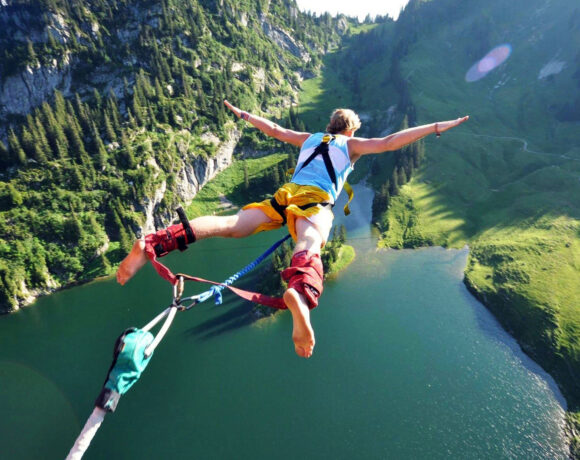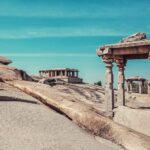Spending some time with a ‘strange’ crocodile

There lived a poor boy in a beautiful village. He loved crocodiles. Once he met an ailing crocodile. The crocodile was suffering from some terminal disease. Somehow, the boy helped the crocodile to recover from the disease. Suddenly, one day, the boy unexpectedly died. The crocodile felt sorry for him because it couldn’t help the boy. So, it made a vow that it would transform into the island on which the descendants of the boy could live.
The aforementioned story is a myth. But, the story is still believed by many native East Timorese people.
The story clearly shows how innocent these people are and how small their knowledge is. Definitely, the land is one of the least-explored regions of the globe. Neither the wave of globalisation has swept through this land nor has the triumph of modernity gifted any huge fortunes to its people. The original name of this land is Timor-Leste, and it is popularly called as East Timor. This island is located in the South East Asia region. It possesses one of the most disturbing histories compared to other countries located in the same region. Not even the native Timor people love to relook into it. In it, there are several unpleasant stories of suppression, brutalisation, slavery and exploitation.
The country, which was a land of migrants, initially suffered a huge attack on their sovereignty in the mid-1700s when the then European powers such as Portuguese explored the land. Prior to that, the land was the hub of sandalwood, honey and wax, and had trade links with China and India. For the Europeans, the main attractive factor was the abundance of the sandalwood which was one of the lucrative export materials then.
Though the Portuguese administrators did not try to mingle with the indigenous people and did not bother to invest too much money in the basic sectors such as infrastructure, health and education sectors, it continuously looted the island’s wealth in order to feed the growing demand of raw materials and export materials in the west. Like all other colonialists, the western power suppressed the indigenous people in all possible ways. Anyway, a small respite came in the 1900s, but it too was disastrous. During the World War Two, the Japanese forces invaded the country, resulting in the death of tens of thousands of innocent people. When the Japanese forces surrendered during the end of the disastrous war, the Portuguese recaptured the helm of administration and reinstated their regime. Finally, in the year 1975, Portuguese unexpectedly left their colony. Or, more clearly, it abandoned the colony. There was no clear alternative in the country at that time to take over the charge of the power. So, naturally, it led to a bloody civil war and a leftist militant uprising. Again, the country witnessed a brutal bloodshed. Though the West was initially not interested in supporting the Indonesia’s plan to occupy the territory, in order to avoid the establishment of a communist region inside the strategical region it helped the Indonesian army to occupy the territory. After the occupation, East Timor was declared as the 27th province of Indonesia. Then, it underwent a process of relearning. Indonesia tried to erase the identity of this land and attempted to inject their culture into these people. It rested to the brutality and cruel suppression. Over one lakh people died in the country due to the political crisis during the period between 1975 and 1999. The 1991 Dili Massacre opened the eyes of the international community. By then, the political crisisin the island reached a stage that it could no longer be ignored. In the beginning of the 2000s, the country embraced freedom.
Now, the country is largely a peaceful nation. It has a democratically-elected stable government and effective administrative system. The country is divided into thirteen municipalities. These municipalities are further divided into several small administrative regions for the convenience of the administration. Despite its limitations, the country has a small police force and a competitive military force. Coffee, Marble and Sandalwoods are the prime export communities. But, its economy hugely relays on the revenue generated from the export of the petroleum products. Still, the country is not earning much to develop the basic sectors such as infrastructure, health and education. The island is a strategical centre and has a huge potential to grow. It is the member of the UN and the Community of Portuguese Language Countries.
Continue








